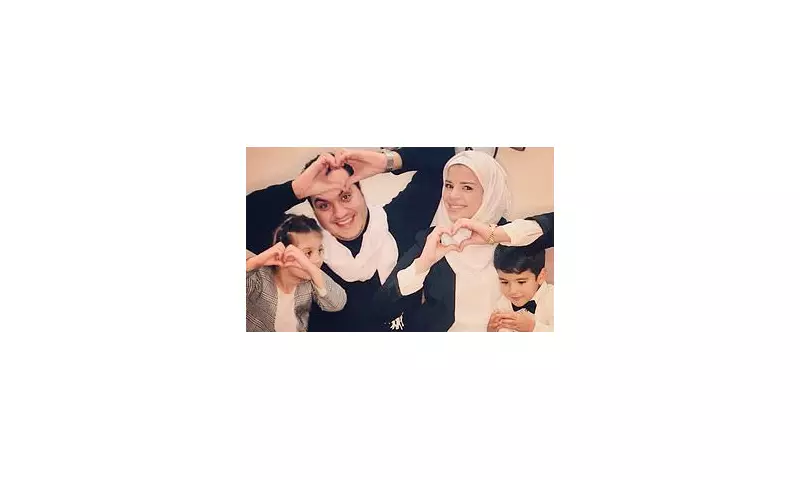
In a dramatic turn of events that has ignited fierce debate across Europe, a Syrian refugee family has chosen to return to their conflict-ravaged homeland rather than continue their new life in Denmark. The reason? Deep-seated fears that their children would be taught about gender transition in the country's educational system.
The Heart-Wrenching Decision
The family, who had initially sought sanctuary in Denmark to escape the horrors of Syria's civil war, made the extraordinary choice to abandon their hard-won safety. After years of building a new life in what they hoped would be a permanent home, concerns about Denmark's progressive approach to gender education ultimately outweighed their fears of returning to a country still grappling with instability and violence.
Cultural Clash in the Classroom
At the centre of this controversy lies Denmark's comprehensive approach to sex education and LGBTQ awareness in schools. The curriculum includes age-appropriate discussions about gender identity and transition, which the family found fundamentally incompatible with their cultural and religious beliefs.
"We fled war and destruction only to face what we see as the destruction of our values," the father explained through an interpreter. "We cannot stand by while our children are taught things that go against everything we believe in."
Broader Implications for Immigration Policy
This case has sparked intense discussion about the challenges of cultural integration in Western societies. Immigration experts suggest this situation highlights the growing tension between progressive European values and the traditional beliefs held by some refugee communities.
The Danish immigration authorities have acknowledged the case but maintain that their educational policies are designed to promote inclusivity and understanding among all students. However, critics argue that insufficient consideration is given to the cultural backgrounds of new arrivals.
A Growing Pattern of Concern
This isn't an isolated incident. Several families from conservative backgrounds have expressed similar concerns about Scandinavian educational approaches to gender and sexuality. What makes this case particularly striking is the extreme measure the family has taken - choosing potential danger in Syria over what they perceive as ideological conflict in Denmark.
The situation raises difficult questions about balancing cultural sensitivity with progressive educational values, and whether Western nations are doing enough to bridge the gap between their policies and the beliefs of newer immigrant communities.





